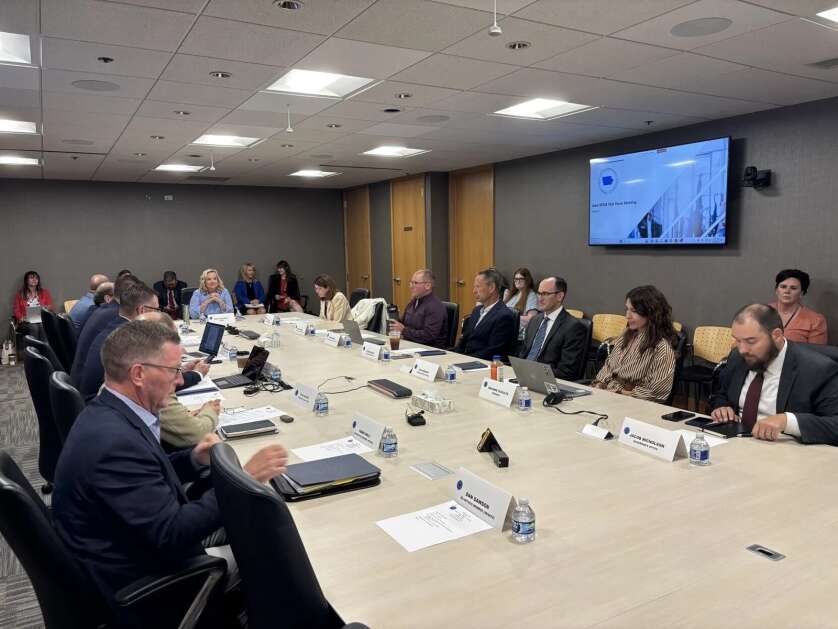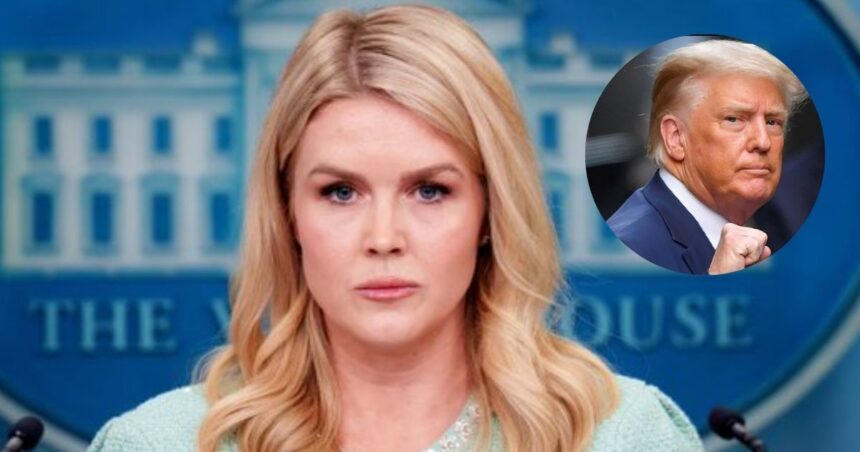Billionaire businessman Mark Cuban has harshly blasted a contentious tax plan that the Trump administration is considering that would charge U.S. patent holders a recurring fee.
The plan, which has not yet been made public, would replace the present one-time charge structure with an ongoing tax that is determined by the patent’s worth. This might result in tens of billions of dollars in federal revenue.
“One of the dumbest ideas in the history of business,” Cuban remarked in a post on X. The absurd thing is that as inventors attempt to shield their inventions from LLMs, less patents will be submitted. His remarks followed a Wall Street Journal article stating that in order to reduce the budget deficit, the administration is considering a comprehensive reform of the patent system.
Among the most stupid concepts in business history. The absurd thing is that as inventors attempt to shield their inventions from LLMs, less patents will be submitted. OnlyThe Trump Administration Considers Adding a New Fee to Patent Holders in Order to Increase Revenue http://t.co/5UHjvDMnKs WSJf
July 31, 2025 Mark Cuban (@mcuban)
According to reports, the proposed scheme would impose an annual fee on patent holders ranging from 1% to 5% of the value of their intellectual property. Currently, inventors pay a fixed fee that usually amounts to several thousand dollars over the course of a patent. Opponents contend that switching to a value-based annual tax would discourage innovation and cause financial instability, especially for small enterprises and individual inventors.
Concerns regarding the practicality of patent valuation and the unforeseen repercussions of such a system have been voiced by legal professionals and patent researchers. Since many patents are incorporated into intricate goods and technology, it can be challenging to determine their precise standalone value. Furthermore, some worry that the modification would discourage patent applications entirely or pave the way for harsh enforcement measures.
Concerns have also been raised by the Chamber of Commerce. The plan would constitute a paradigm shift in the way the United States handles intellectual property and might hurt the nation’s competitive edge in global innovation, according to Brad Watts, an executive at the Chamber’s Global Innovation Policy Center.
The levy may unfairly affect startups and smaller inventors, who frequently depend on patents as a major source of value and leverage to draw in investment, according to critics. The proposal may encourage businesses to forego filing patents or relocate their operations to countries with more advantageous regimes by imposing an annual fee linked to patent value.
The plan’s details have not been made public by the Trump administration, but it is said that Secretary Howard Lutnick is leading the development of the idea at the Department of Commerce. According to reports, the concept is still in its infancy, and it is not yet apparent if it will make it to Congress or become a regulation reform.
The tax, if enacted, would be a major change from the more than 200-year-old practices of the U.S. Patent and Trademark Office. The USPTO is not dependent on government funds and is self-funded through fees, in contrast to the majority of federal agencies. It may face legal challenges and constitutional scrutiny if it adds a revenue-driven component to its fee structure.
Longtime supporter of patent reform Mark Cuban is now one of several business executives, academics, and inventors who are cautioning that the plan may hinder innovation and harm the nation’s intellectual property ecosystem.
The plan has sparked a fresh discussion about how the government should handle intellectual property in the digital era, adding to the already tense situation around AI’s effects on copyright and patents.






